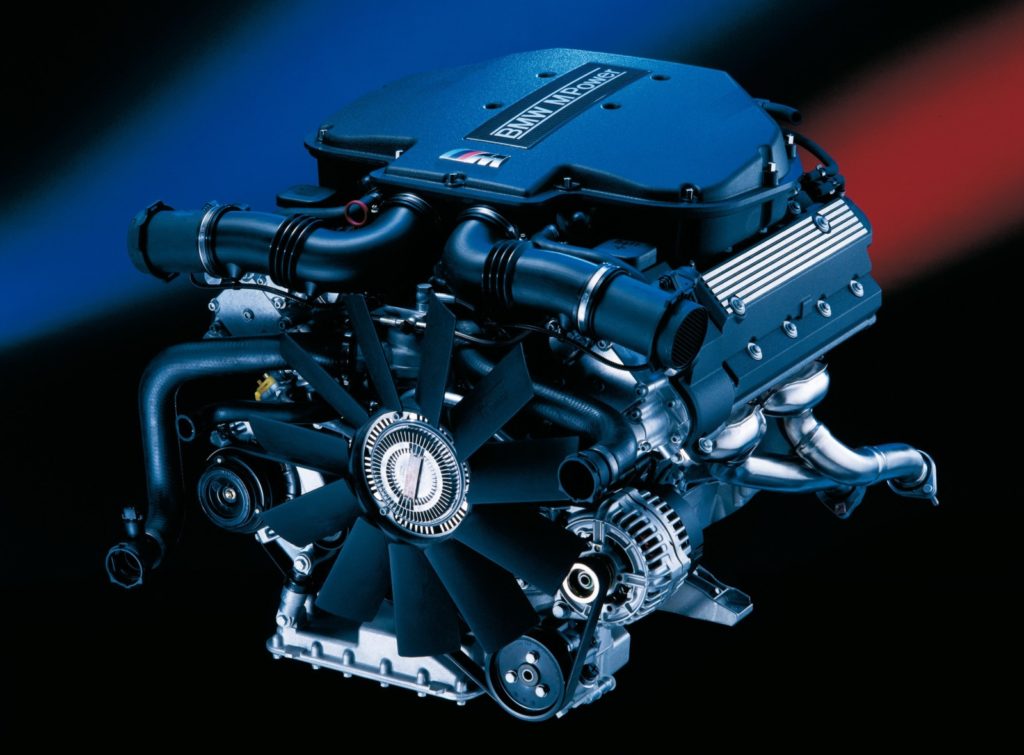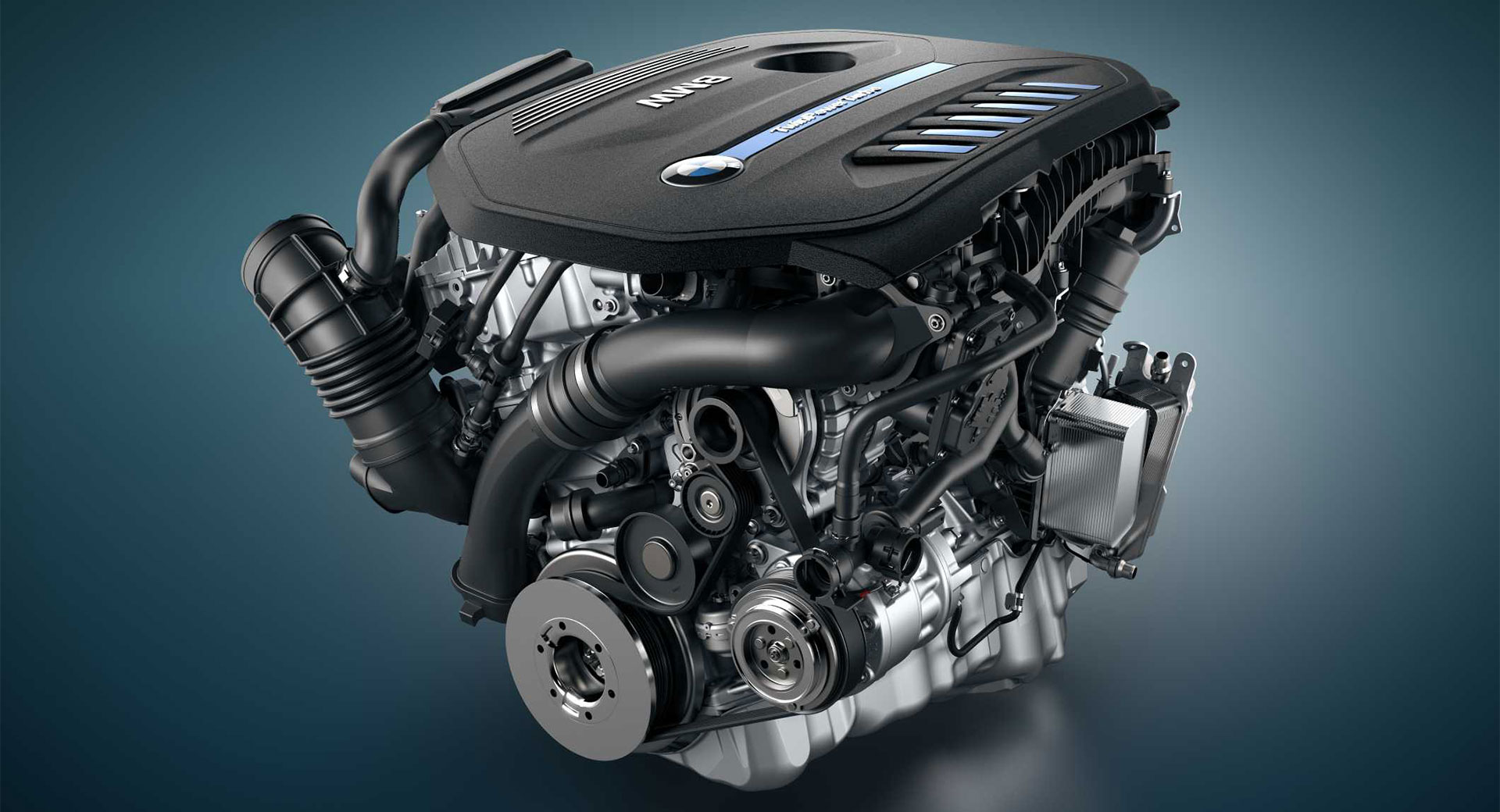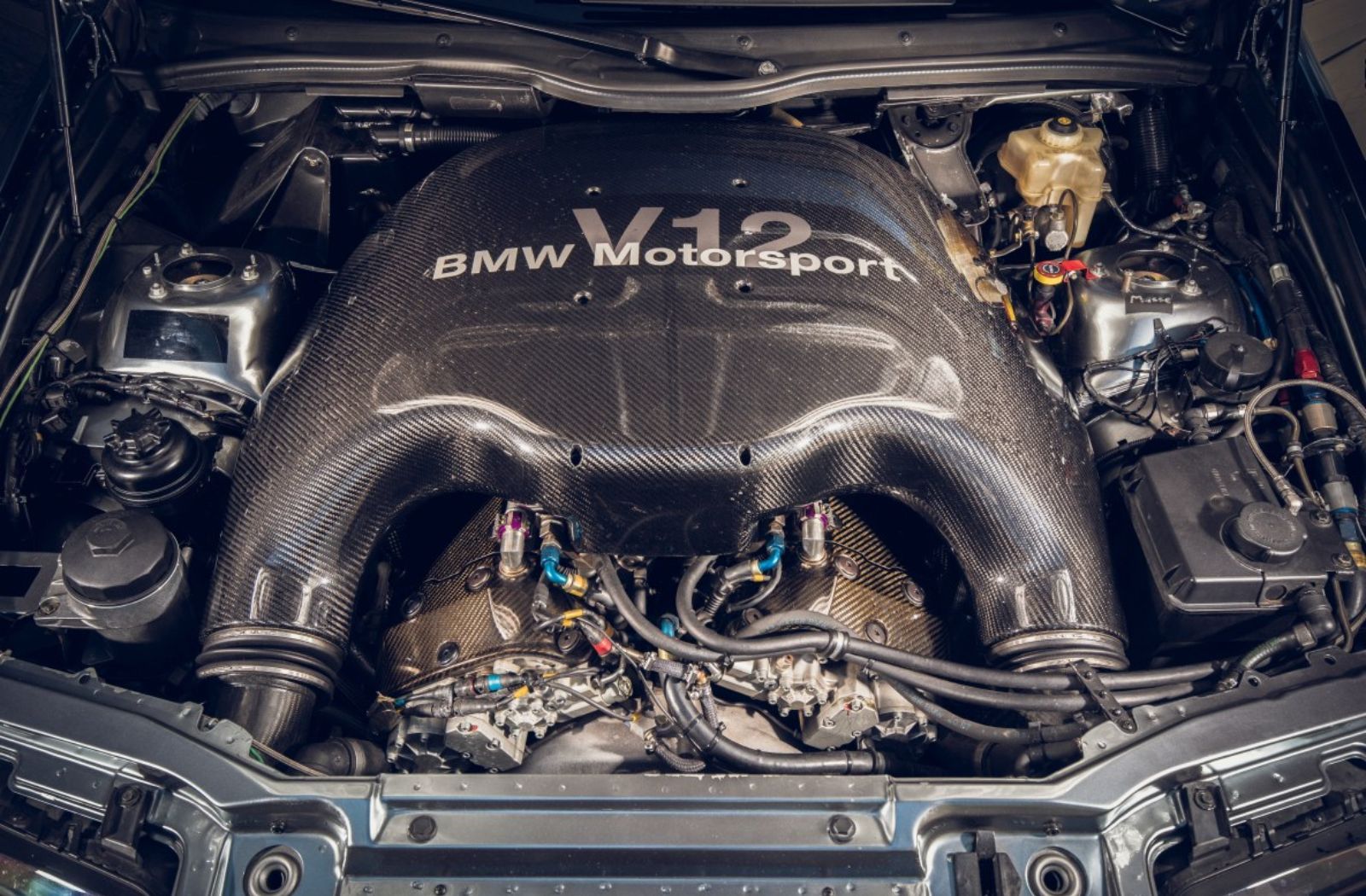Why the BMW Engine Is Considered One of the Best in Deluxe Autos
Wiki Article
Introducing the Intricacies of Next-Generation Power Units: a Deep Study Advanced Engine Innovations and designs
In the world of automotive design, the unrelenting search of performance, sustainability, and efficiency has actually driven the development of power systems to unmatched heights. As we stand on the precipice of a brand-new age in transport, the intricacies of next-generation engine styles beckon us to explore the advanced modern technologies and developments that guarantee to redefine the driving experience. From sophisticated materials that push the limits of longevity and weight decrease to advanced turbocharging and supercharging systems that boost power outcome to new degrees, each element of these power devices holds a crucial to unlocking the future of automobile design. Delving much deeper into the realms of emission control, smart engine management systems, and the perspective of power system growth, we discover ourselves on the cusp of a transformation that assures to reshape the landscape of flexibility as we understand it.Development of Engine Products

The shift towards progressed engine products has actually additionally made it possible for engineers to design engines with higher power outcomes while preserving gas effectiveness criteria. The use of lightweight materials decreases the overall weight of the engine, leading to enhanced fuel economy and lower emissions. Additionally, advancements in materials technology have actually permitted for far better thermal monitoring within engines, causing raised integrity and durability.
Turbocharging and Supercharging Technologies
Just How do Turbocharging and Supercharging Technologies reinvent engine performance and performance in contemporary cars? Turbocharging and supercharging are innovations that considerably boost engine performance by increasing the quantity of air intake right into the combustion chamber. Turbocharging achieves this by utilizing a generator driven by exhaust gases to pressurize the consumption air, while turbo charging uses a belt- or chain-driven compressor to attain the very same effect.
These modern technologies make it possible for smaller, a lot more fuel-efficient engines to produce power comparable to larger ones, understood as downsizing. By compeling even more air into the cylinders, turbocharging and supercharging enhance burning effectiveness, causing enhanced horsepower and torque outcome without a considerable rise in engine size. This brings about far better velocity, pulling ability, and total driving efficiency.
Furthermore, turbo charging and turbocharging add to enhanced gas performance by permitting the use of smaller engines that consume less gas under regular driving problems - bmw engine. This mix of improved performance and efficiency has actually made turbocharging and turbo charging important elements of many contemporary engine styles
Emission Control and Environmental Impact
With increasing international issues concerning air high quality and ecological sustainability, the application of discharge control innovations in vehicles plays an essential role in minimizing dangerous contaminants released into the atmosphere. Modern vehicles are outfitted with advanced emission control systems that aid lessen the environmental impact of automobile operations. Catalytic converters, for instance, are made to transform hazardous gases such as carbon monoxide gas, nitrogen oxides, and hydrocarbons into see this page much less damaging substances like co2 and water vapor.In addition, innovations in engine innovation, such as the combination of exhaust gas recirculation systems and selective catalytic decrease, have actually significantly added to decreasing emissions. These technologies work in tandem to enhance burning efficiency and minimize the launch of unsafe toxins into the air. Furthermore, the development of hybrid and electrical cars stands for an important action towards decreasing the total ecological impact of the transportation sector.
Intelligent Engine Management Equipment

Furthermore, these systems make it possible for cars to fulfill strict exhausts requirements without endangering performance, giving a much more eco-friendly driving experience. The assimilation of expert system and maker learning abilities in engine administration systems continues to push the borders of what is possible, resulting in further improvements in effectiveness, dependability, and overall lorry performance. bmw engine. As vehicle modern technology developments, intelligent engine administration systems will certainly play a vital role fit the future of transportation towards a more sustainable and effective instructions
Future Trends in Power Device Development
As intelligent engine administration systems lead the way for enhanced control and optimization in modern vehicles, future trends in power unit growth are poised to redefine the landscape of automobile propulsion modern technologies. These different power resources supply enhanced efficiency and efficiency while aligning with rigorous environmental policies.Another significant trend is the combination of innovative materials and making techniques. Light-weight products such as carbon fiber and aluminum are being made use of to lower overall automobile weight, improving gas effectiveness and performance. Furthermore, improvements in 3D printing and additive production are allowing the manufacturing of intricate engine parts with greater precision and durability.
Moreover, expert system and maker understanding are playing a critical role in maximizing power unit efficiency. These modern technologies permit real-time tracking and flexible control, causing more dependable and efficient power delivery. Overall, future trends in power you could try these out system development are tailored in the direction of sustainability, performance, and performance, driving the automotive sector towards a brand-new published here age of propulsion technologies.

Conclusion
Finally, the developments in engine materials, turbocharging, exhaust control, and smart monitoring systems have paved the means for next-generation power systems. These advancements have not just better performance and performance yet additionally minimized ecological impact. As innovation remains to progress, future trends in power system advancement are most likely to focus on more improving sustainability and optimizing power output. The complex layouts and developments in contemporary engines showcase the recurring evolution of automotive innovation.Discovering the dynamic improvements in engine materials has been critical in improving the performance and performance of modern engines. Over the years, the development of engine products has played a critical duty in pushing the boundaries of what engines can accomplish.The shift towards advanced engine materials has actually also enabled designers to design engines with greater power outcomes while preserving fuel efficiency requirements.The execution of intelligent engine administration systems in modern-day vehicles has actually reinvented the means engines are controlled and maximized for performance and efficiency. By accumulating data in real-time and examining it with advanced algorithms, intelligent engine management systems can adjust to driving styles, ecological aspects, and engine health and wellness to take full advantage of power result while minimizing gas usage and discharges.
Report this wiki page